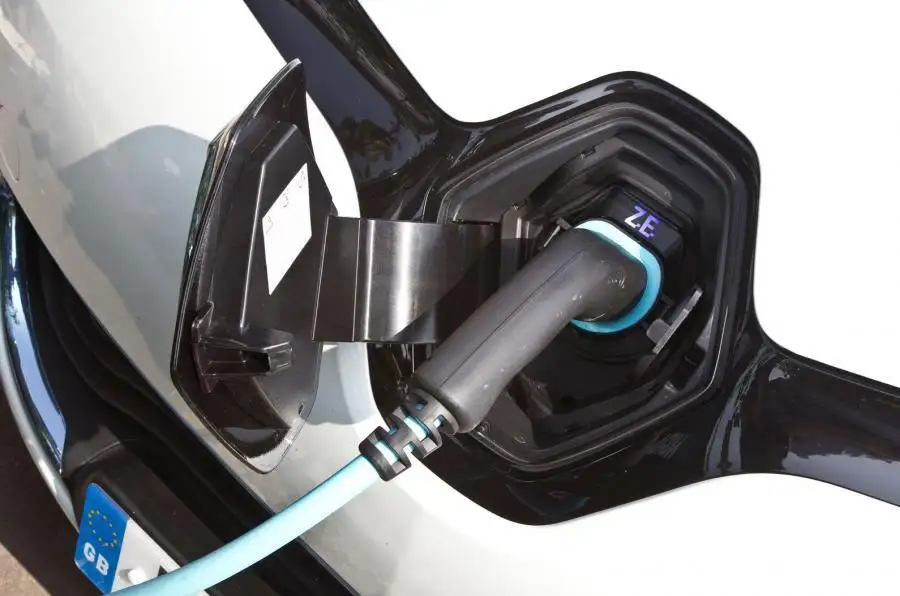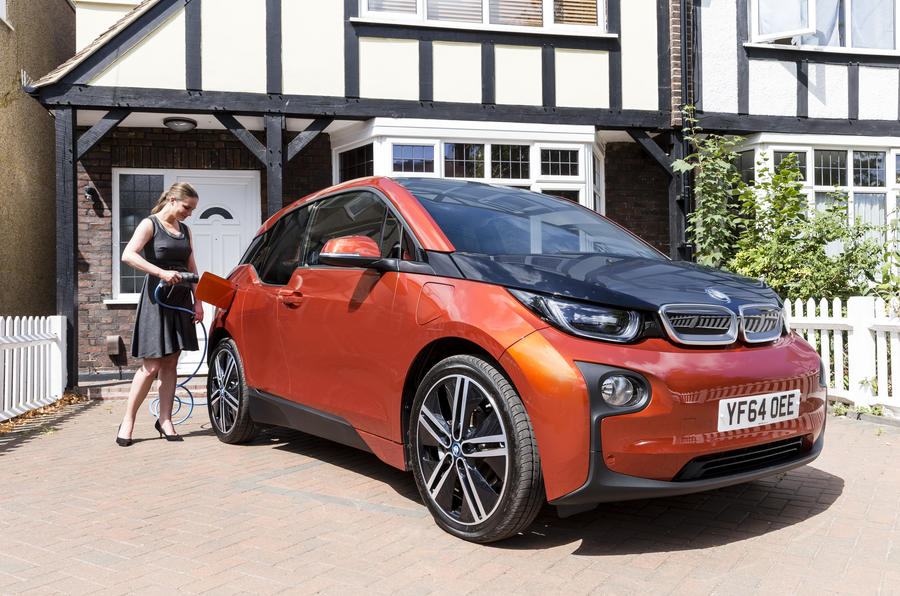From July 2019, all government-funded charging points must use smart technology allowing remote access by electricity suppliers over the internet.
The new law is intended to pave the way for a mass rollout of electric vehicles (EVs) by ensuring local distribution networks can cope with demand at peak periods – but it could have a sting in its tail.
The new technology could also provide a mechanism to levy a fuel tax on electricity specifically used to charge EVs. Once a critical mass of EVs arrives on Britain’s roads, the Government will be forced to find a way to replace the £27.2 billion per year it stands to lose in fuel duty today.
The new regulation, announced on 14 December, enables one of the clauses in the new Electric and Autonomous Vehicles Act 2018. It states that all government-funded charging points should be capable of being remotely accessed and receiving, interpreting and reacting to a signal.
In that way, distribution companies can reduce the output or even delay charging for a couple of hours at peak periods to ensure the local network can cope as EV numbers escalate. Users have the option of overriding the smart function if they need the car in a hurry, however.

Because the smart charger knows how much and when electricity is being delivered to an EV, it could also become a mechanism to levy an additional fuel duty tax on the proportion of electricity used by the household to charge an EV.
James McKemey, head of the Insights Team at smart charging point supplier Pod Point, agrees that the technology provides a method of independently metering the amount of energy used to charge EVs. “It’s achievable," he says, "but it would still be pretty complicated, because the information would come from hugely distributed places.”





Join the debate
Add your comment
My guess is it will have to
My guess is it will have to be road charging, there will be a legal requirement for all vehicles to have a GPS Black box fitted that reports back via the mobile network on your usage, and probably where you have been and when, because people will query some charges. Its nothing new, some companies fit these already existing devices to their employees company vehicles for business mileage claim verification, and have saved vast sums by not paying out bogus 'business miles' claims. Of course it won't take long for some people to work out how to trick, disable or jam them.As usual the law abiding masses will pick up the shortfall with extra payments to cover the loss from the dodgers, like insurance does now.A new power will be for Police to have technology to scan passing cars for an active official black box device, perhaps doing an automated test communcation with the device as you pass, your car fails you get pulled over.
No pasaran is right
No pasaran is right. Of course energy consumption, in any form, is going to be taxed. Why? Because it has to be. There are many ways to gauge how civilised a country is, and they include how we educate children, how we take care of the sick and how we take care of the elderly. If you think all of this can be left safely in the hands of a profit-motivated private sector you are a fool. It all needs funding, along with everything from defence to street lighting. How you do it is of course open to discussion, but it's too easy to blame governments without offering solutions. Hell, even the simply vast cost of the US military (a handsome multiple of the NHS budget) is socialised.
Of course
taxes have to be paid but why not just increase income tax. That is a fair and progressive tax. Instead they tax all sorts of other things which are unfair and regressive.
Birmingham